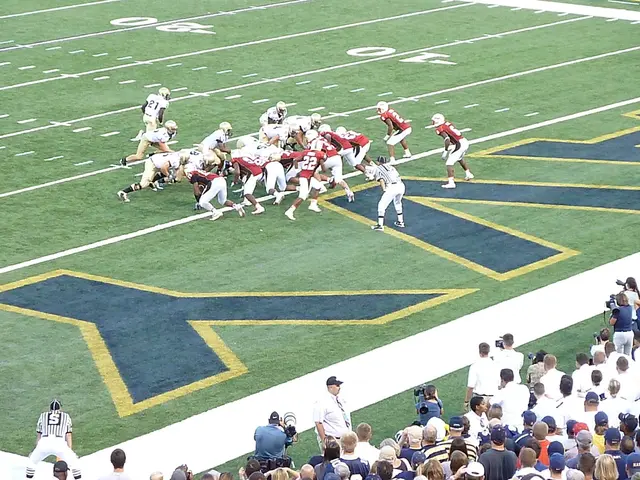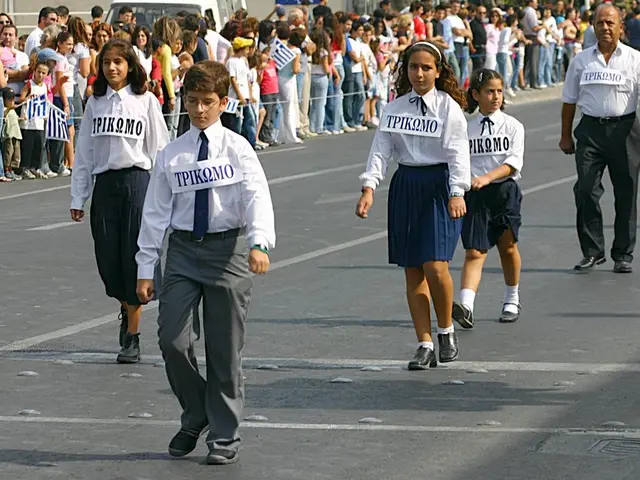Status of Gaming Lawsuits in Courts Nationwide
In a series of legal battles across the United States, stakeholders in several states are seeking clarity and resolution around sports betting and tribal gaming.
In Florida, the Seminole Tribe briefly launched sports betting in November, but a U.S. District Court judge deemed the compact between the tribe and the state illegal. The Seminole Tribe's Hard Rock Digital platform remained live for over a month as the case worked its way to the appeals court. Meanwhile, multiple lawsuits have been filed since the state compacted with the Seminole Tribe for legal sports betting and an expansion of gaming early last year. The Florida Senate voted in mid-February to create a new gaming commission, but it's unclear what the commission would do if a court verdict in favor of U.S. Department of the Interior Secretary Deb Haaland is reached.
In California, commercial sports betting operators are gathering signatures for a second ballot proposal that would legalize statewide mobile sports betting and require platforms to be tethered to tribal casinos. Simultaneously, in-person sports betting and the addition of ball and dice games are proposed, subject to the outcome of the legal process. The Supreme Court last week denied a hearing in a case brought by two card rooms to block a tribal sports betting initiative.
The Ysleta Del Sur Pueblo v. Texas case involves two tribes (the Yslete Del Sur Pueblo and the Alabama-Coushatta tribes) asking for the right to offer Class II gaming (bingo and slot machines) on their tribal lands. The case is currently at the appeals level, and a verdict in favor of the Department of the Interior (DOI) at either level could potentially change the face of tribal gaming across the country.
Elsewhere, the U.S. Supreme Court is hearing a case that would determine whether Texas tribes can offer gaming, which is currently illegal in the state. The court has not yet ruled on Ysleta Del Sur Pueblo v. Texas because the case may still be pending procedural steps, jurisdictional questions, or complexities related to tribal sovereignty and state laws that require further consideration. No timeline for arguments in the case has been set.
It's important to note that more than 30 U.S. states and jurisdictions have legalized or launched sports betting since the Professional and Amateur Sports Protection Act was overturned. The U.S. Supreme Court made sports betting a states' rights issue after the state of New Jersey sued in Murphy v NCAA.
In California, if the proposal is successful, it would allow for a significant expansion of gaming options, potentially attracting more tourists and boosting the state's economy. In Florida, a court verdict in favor of Haaland would make wagering legal there, which could have significant financial implications for the state and the Seminole Tribe.
As these legal battles continue, the future of sports betting and tribal gaming in several states remains uncertain. However, one thing is clear: the issue is far from resolved, and the outcomes of these cases could have far-reaching implications for gaming across the country.
Read also:
- United States tariffs pose a threat to India, necessitating the recruitment of adept negotiators or strategists, similar to those who had influenced Trump's decisions.
- Weekly happenings in the German Federal Parliament (Bundestag)
- Southwest region's most popular posts, accompanied by an inquiry:
- Discussion between Putin and Trump in Alaska could potentially overshadow Ukraine's concerns








